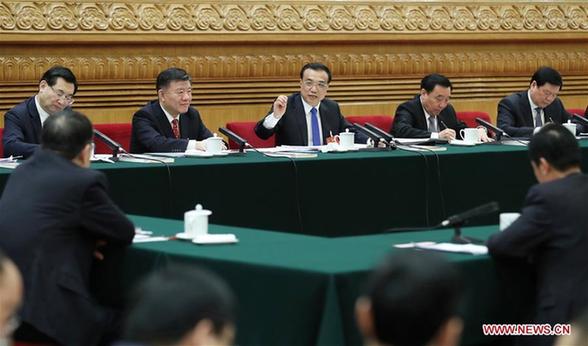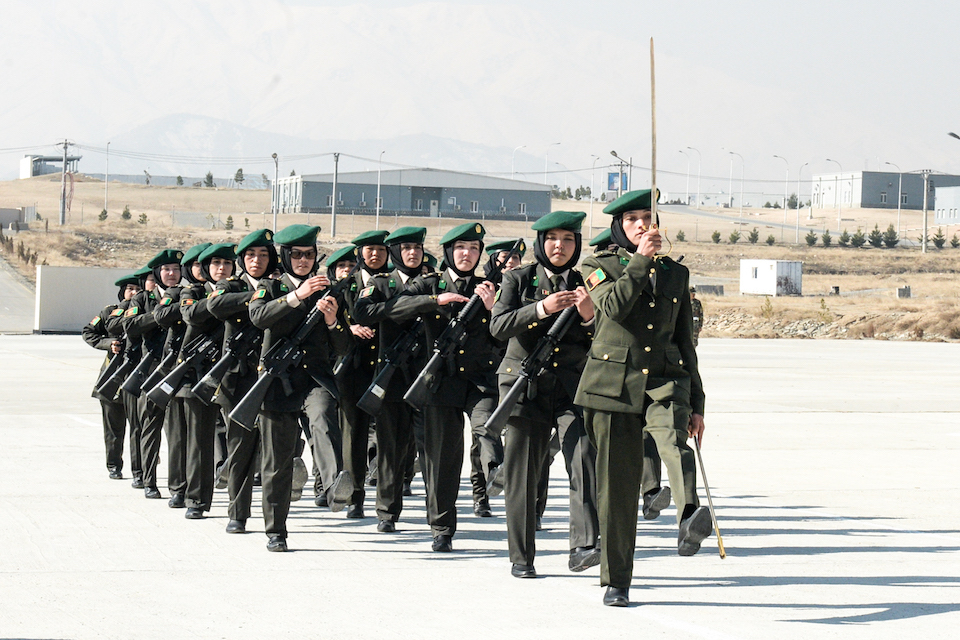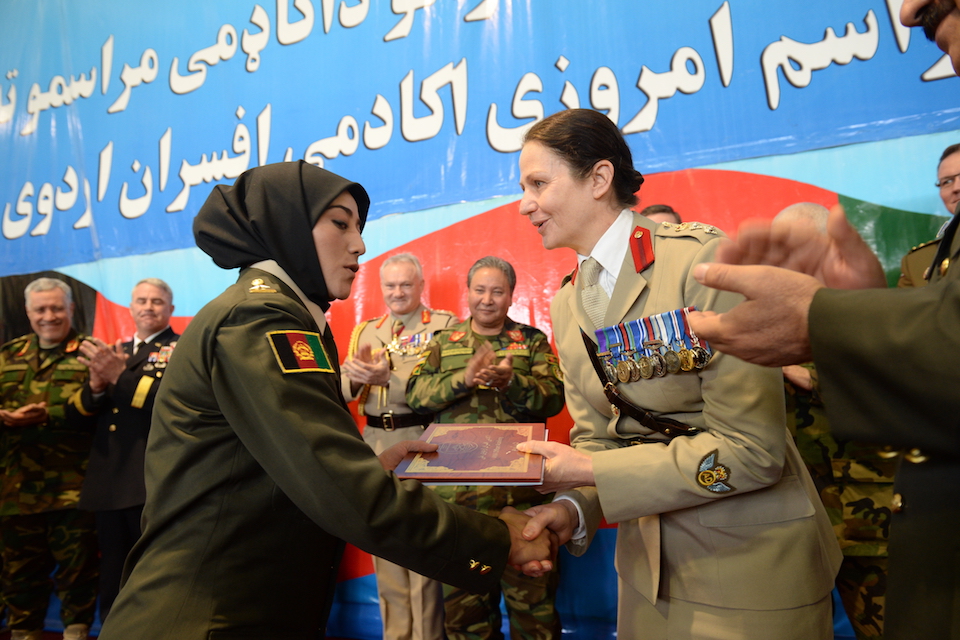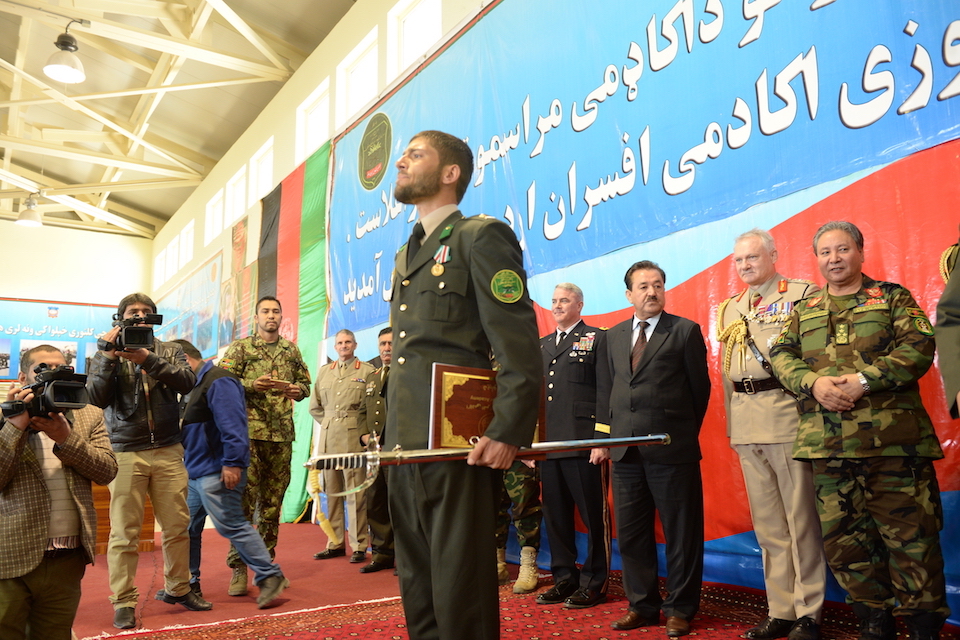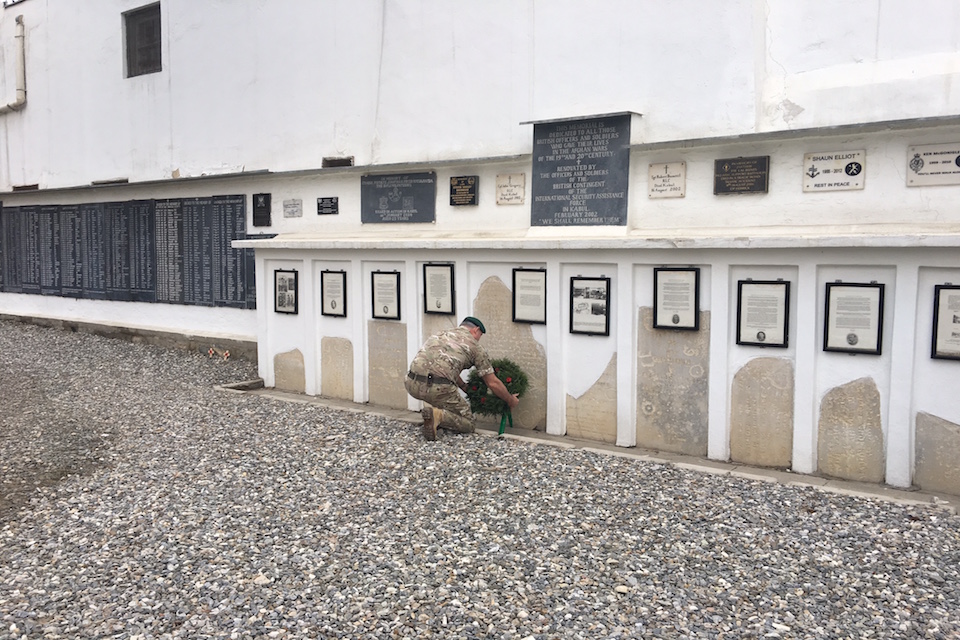Chinese leaders discuss economy, B&R with lawmakers
Premier Li Keqiang and other leaders on Thursday discussed economic upgrading, Belt and Road Initiative, people’s congress system, poverty alleviation, anti-corruption campaign and other topics with national lawmakers.
|
|
|
Chinese Premier Li Keqiang joins a panel discussion with deputies to the 12th National People’s Congress (NPC) from Shaanxi Province at the annual session of the NPC in Beijing, capital of China, March 9, 2017. (Xinhua/Xie Huanchi) |
They joined deputies to the National People’s Congress (NPC) in separate panel discussions at the NPC annual session.
Joining NPC deputies from Shaanxi Province, Premier Li called for developing high-end equipment manufacturing, information industry, modern logistics and rural e-commerce. Tourism and culture should also be boosted to create more jobs.
The provincial government should further streamline administration, delegate power to lower levels, improve services, play well the province’s role as a key junction in implementing the Belt and Road Initiative, and take a lead in the development of China’s western region.
Joining lawmakers from Jiangsu Province, Zhang Dejiang, chairman of the NPC Standing Committee, said people’s congresses at various levels should implement the decisions made by the Communist Party of China (CPC) Central Committee to ensure effective state governance under the Party’s leadership.
He called for innovation in theory and practice of the people’s congress system, which is China’s fundamental political system.
Yu Zhengsheng, chairman of the Chinese People’s Political Consultative Conference National Committee, joined NPC deputies from Guizhou Province in a panel discussion.
Yu urged the province to continue optimizing the environment for developing private businesses, invigorating the private economy, and supporting private businesses’ efforts to speed up transformation and upgrading.
Yu also highlighted targeted poverty alleviation, stressing more effective measures, enhanced implementation of policies and mobilization of all resources to win the battle against poverty.
Wang Qishan, secretary of the CPC Central Commission for Discipline Inspection, joined NPC deputies from Yunnan Province, calling for advancing the anti-corruption campaign, which accords with the aspirations of the Party and the people.
Calling inspections a kind of “political checkup,” Wang said undesirable working styles including formalism and bureaucratism during the implementation of CPC Central Committee decisions must be rooted out.
Senior officials at key positions must guard against perfunctory working style and endeavor in a pragmatic way to live up to the people’s expectations, he said.
Joining lawmakers from Chongqing Municipality, Vice Premier Zhang Gaoli highlighted the city’s role as a strategic pivot in China’s “Go West” strategy and asked the municipal government to actively fit into the Belt and Road Initiative and the Yangtze River Economic Belt.
He also urged Chongqing to push forward the supply-side structural reform, promote innovation-driven development and high-end manufacturing, coordinate rural and urban development, and protect the Three Gorges Reservoir and the Yangtze River.
Li Keqiang, Zhang Dejiang, Yu Zhengsheng, Wang Qishan and Zhang Gaoli are all members of the Standing Committee of the Political Bureau of the CPC Central Committee.
